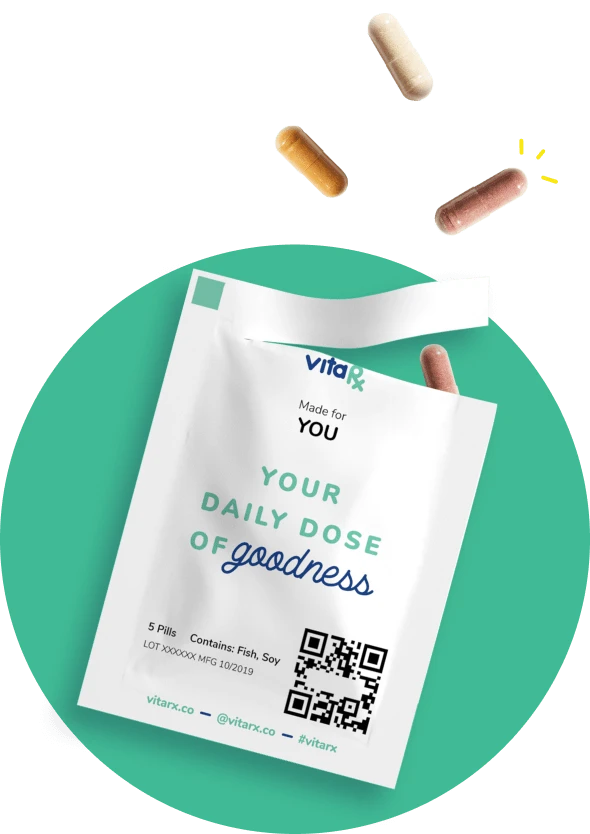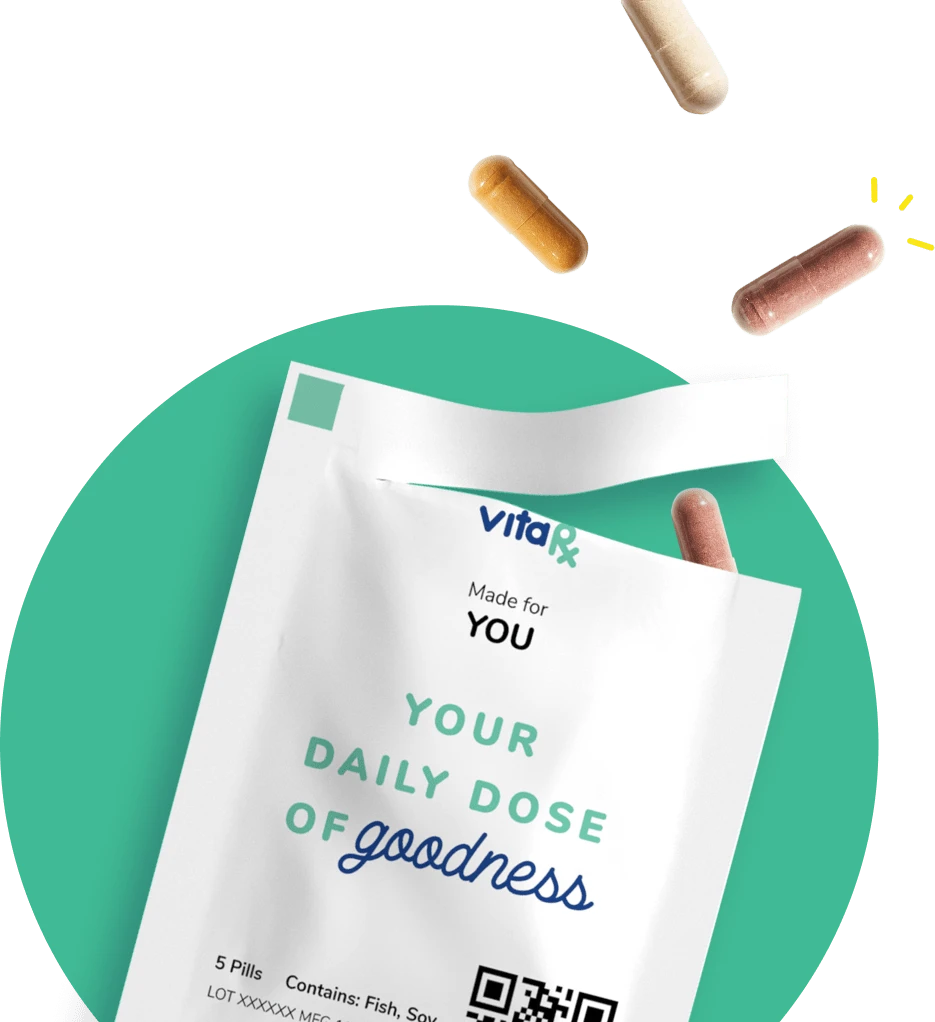Last update: December 26, 2024
Milk Thistle: The Complete Guide
Discover the potential benefits of milk thistle, the latest research on this herb, and learn how to add it to your wellness routine.

By Derick Rodriguez, Associate Editor
Edited by Dr. Dimitar Marinov, MD, RDN, PhD

Key takeaways
- Milk thistle, rich in silymarin, may support liver health and function
- Its potent antioxidants might help fight oxidative stress for overall cell health
- It’s fully plant-based, making it a good option for vegans and vegetarians
- You can find milk thistle in different forms like capsules, tablets, or liquid extracts
What is milk thistle?
Milk thistle (Silybum marianum), also known as Mary thistle or holy thistle, is a flowering plant belonging to the same family as daisies and ragweed. Native to the Mediterranean region, this herb has been traditionally used to support liver and gallbladder health for over 2,000 years [10]. The botanical extract derived from milk thistle seeds is widely favored for its natural wellness-promoting characteristics, particularly its antioxidant properties and potential to support liver function [1].
The primary active compound in milk thistle is silymarin, an antioxidant extracted from the plant's seeds. While the exact benefits of silymarin in the human body are not fully understood, it is often used as a natural remedy for various liver conditions.
The milk thistles legend
According to legend, the white veins that appear on milk thistle's leaves were caused by a drop of the Virgin Mary's milk falling onto the plant. This feature is not just a mythological decoration but also gave the plant one of its common names, St. Mary's Thistle [8].
Different types of thistle
- Milk Thistle (Silybum Marianum)
Milk Thistle is known for its liver-protecting effects due to its active compounds called silymarin, which have antioxidant and anti-inflammatory properties. It is commonly used to help with liver issues [9]. - Blessed Thistle (Cnicus Benedictus)
Blessed Thistle has been traditionally used to aid digestion and treat bacterial infections. It can help reduce inflammation, but caution is advised when using it due to potential interactions [9]. - Scotch Thistle (Onopordum Acanthium)
Scotch Thistle is primarily grown for its striking ornamental appearance and is the national flower of Scotland, symbolizing nobility and protection. It does not have the same medicinal uses as milk or blessed thistle [9]. - Globe Thistle (Echinops Ritro)
Globe Thistle is valued for its spherical, blue to violet flowers that attract bees and butterflies. This makes it a popular choice for pollinator gardens. It is relatively easy to grow and care for [9]. - Creeping Thistle (Cirsium Arvense)
Creeping Thistle is often considered a weed due to its rapid spread and ability to take over gardens and fields. While it can be used as a barrier or cover in large garden plots, it requires careful management to prevent it from invading other areas [9].
How does milk thistle work in your body?
What are some benefits of milk thistle?
Milk thistle holds various properties that may contribute to overall well-being.
Supports liver health
Milk thistle is often promoted for its liver-protective effects, potentially reducing inflammation and damage caused by diseases or toxins [2].
May support bone health
Experimental studies suggest that milk thistle might stimulate bone mineralization, offering potential benefits for supporting the prevention or delay of bone loss, especially in postmenopausal women [3].
May support breast milk production
Limited data suggests that milk thistle may increase breast milk production in lactating mothers, possibly by influencing the milk-producing hormone prolactin [4].
Supports acne treatment
Due to its antioxidant and anti-inflammatory effects, milk thistle might be a useful supplement for people with acne, as suggested by a study showing a potential decrease in acne lesions [5].
Supports blood sugar regulation
Milk thistle serve as a complementary therapy for managing type 2 diabetes by supporting insulin sensitivity and potentially reducing blood sugar levels [6].
Delivery methods
Milk thistle supplements come in various delivery methods, each offering its own set of benefits and ways of consumption. Here's a brief overview of the different delivery methods:
Choose a method that fits your routine
Do not overlook the delivery method. Milk thistle supplements come in tablets, capsules, soft gel, chewable, powders, and liquid forms—choose the one that best fits your daily routine to stay consistent.
What to look for in milk thistle supplements
When selecting a supplement, several key factors must be considered to ensure you choose a high-quality product that effectively supports your health goals and overall well-being.
Dosage and potency
The dosage of milk thistle in supplements varies, so it's important to choose one that aligns with your specific needs. This includes considering your age, gender, and health status, like pregnancy or existing deficiencies. The milk thistle formulation can impact its potency and bioavailability, which affects how effectively your body can absorb and use it.
Quantity and delivery method
The delivery method is crucial. Milk thistle supplements come in various forms, including tablets, capsules, powders, chewables, and liquid forms. Your choice may depend on factors like ease of swallowing, convenience for traveling, or personal preference regarding taste and texture. Also, evaluate the quantity of milk thistle to determine how long it will last based on your daily requirements.
Quality and manufacturing
Quality is paramount when selecting milk thistle supplements. Look for products manufactured under strict quality control guidelines and those that have undergone third-party testing for purity and label accuracy. Certifications from recognized bodies can be a reliable indicator of a high-quality product. Additionally, consider the manufacturer's reputation and transparency in their production processes.
How and when should you take milk thistle for maximum absorption?
To get the most out of your milk thistle supplement, it's crucial to consider the timing and method of consumption. The following dos and don'ts offer guidance on optimizing absorption, efficiently supporting your health and wellness, and minimizing potential discomfort.
Do’s
Take with a meal for better absorption.
Swallow capsules or tablets with water.
Consider taking it separately from other medications.
Speak with your doctor before taking any supplements.
Don’ts
Don't take it on an empty stomach.
Avoid chewing or crushing the supplement.
Don't mix it with certain medications without consulting a healthcare professional.
Who should take milk thistle?
Taking milk thistle supplements has its potential benefits, but it may not be for everyone.
Recommended dosage
The recommended daily milk thistle intake varies depending on age, sex, and specific life stages or conditions. Here are the recommended dosages for milk thistle across various age groups.
Side effects of excessive milk thistle consumption
While milk thistle supplements are generally safe when taken within recommended limits, excessive intake can have adverse effects:
- Digestive Disturbances: Excessive consumption might cause nausea, diarrhea, itching, or bloating.
- Allergic Reactions: People allergic to certain plants, such as ragweed or marigolds, may be at a higher risk of allergic reactions.
- Interactions with Medications: Milk thistle can interact with many drugs, including those for high cholesterol, infections, insomnia, and blood pressure. It may also lower blood sugar, posing a risk for people with diabetes.
Always consult your doctor
If you're experiencing side effects, consult your healthcare provider. They may recommend a different milk thistle formulation or adjust your dosage. Balancing your milk thistle needs with any discomfort is crucial and should not be overlooked.
Health made easy: your go-to resource for essential vitamins and supplements
Frequently asked questions about milk thistle (FAQ)
Our library of expert-authored articles covers just about every question you might have about vitamins, minerals, and supplements — along with some you might not have known you had.
Final thoughts
Milk thistle is a helpful supplement for your liver and overall health. Its active component, silymarin, shows promise in reducing inflammation and acting as an antioxidant. If you're considering using milk thistle, follow recommended doses, choose reliable products, and consult healthcare professionals, especially if you have health issues or take medications. Remember, it's just one part of a healthy lifestyle that includes a balanced diet, regular exercise, and personalized healthcare advice.
Sources and references
- Milk Thistle - StatPearls - NCBI Bookshelf
- Silymarin as Supportive Treatment in Liver Diseases: A Narrative Review - PMC
- Milk thistle: a future potential anti-osteoporotic and fracture healing agent
- Milk Thistle - Drugs and Lactation Database (LactMed®) - NCBI Bookshelf
- Effects of Oral Antioxidants on Lesion Counts Associated with Oxidative Stress and Inflammation in Patients with Papulopustular Acne
- Metabolism, Transport and Drug–Drug Interactions of Silymarin - PMC
- Milk Thistle: Effects on Liver Disease and Cirrhosis and Clinical Adverse Effects: Summary
Editor

Derick Rodriguez
Derick Rodriguez focuses on editing health and wellness-related content. With over half a decade of experience in the digital realm, Derick has developed a unique skill set that bridges the gap between complex health concepts and accessible, user-friendly communication. His approach is deeply rooted in leveraging personal experiences and insights to illuminate the nuances of health and wellness topics, making them more approachable and empowering readers with knowledge and confidence.
Fact checker

Dr. Dimitar Marinov
Dr. Marinov has years of experience in scientific research and preventive and clinical medicine. His publications in peer-reviewed journals are on nutritional status, physical activity, and musculoskeletal disorders among adolescents.
At VitaRx, we're not just passionate about our work — we take immense pride in it. Our dedicated team of writers diligently follows strict editorial standards, ensuring that every piece of content we publish is accurate, current, and highly valuable. We don't just strive for quality; we aim for excellence.
Related posts
While you're at it, here are some other relevant articles you might be interested in.

Get your personalized vitamin recommendations in less than 3 minutes.
Get your personalized vitamin recommendations in less than 3 minutes.











